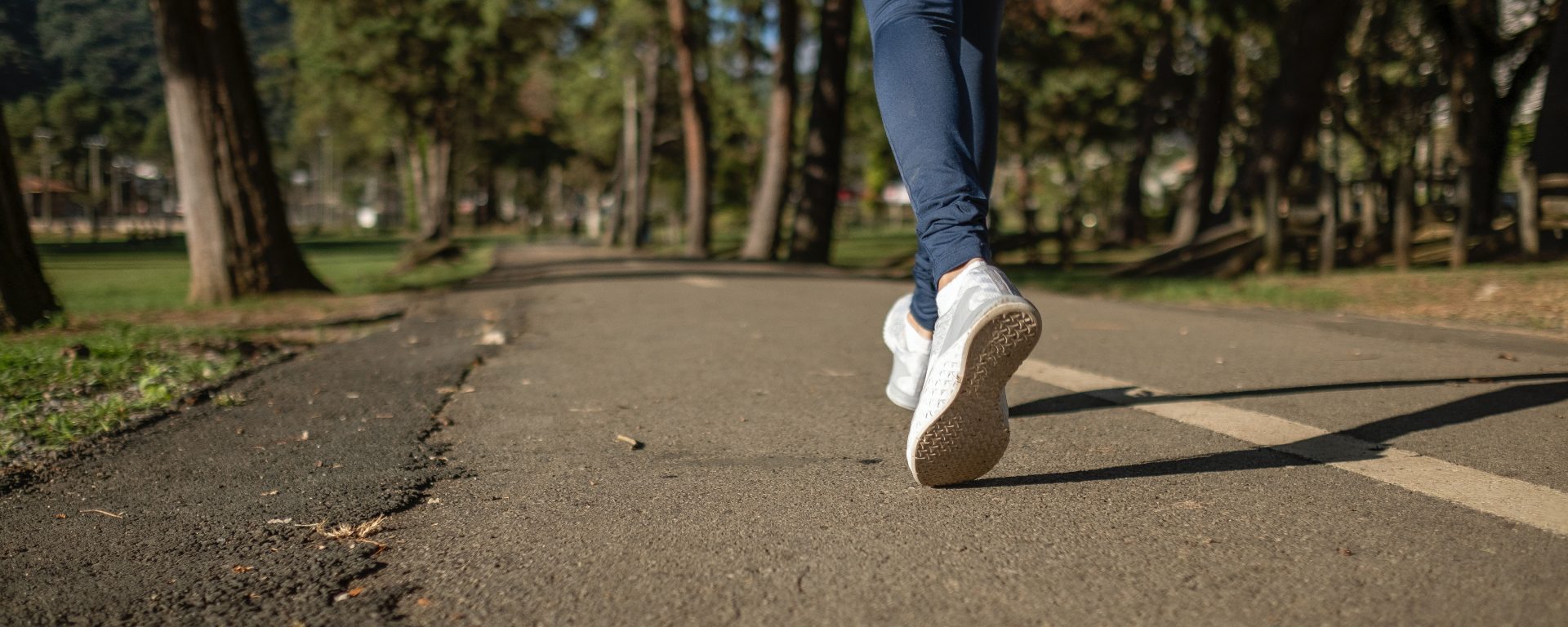Falls are a significant concern for individuals living with multiple sclerosis (MS), particularly those who rely on walking aids for mobility. In 2013, a study conducted by Susan Coote, et. al., aimed to investigate the prevalence of falls, identify factors associated with falling, and assess the impact of balance and strength interventions on falls in people with MS.
The study involved 111 participants with MS who used bilateral support for walking. Data was collected before and after participants received either group or one-on-one physiotherapy as part of a randomized controlled trial. Falls prevalence was assessed through retrospective recall, and various measures were used to evaluate demographics, body function impairments, and the impact of MS on participants.
The findings revealed that within a 3-month period, an astonishing 50.5% of participants with MS experienced falls, with 28% reporting more than one fall during that time. Those who fell exhibited greater physical and psychological impacts of MS, with a substantial impact on fatigue. A logistic regression analysis revealed that the Modified Fatigue Impact Scale (MFIS) score was a significant predictor of falls, correctly identifying 68% of fallers. Furthermore, a 10-week group physiotherapy intervention led to a significant reduction in the number of fallers (58.3% before the intervention to 22.9% after, P=.005) and a decrease in the number of falls (63 before to 25 after the intervention, P=.001).
This study highlights the alarming prevalence of falls among individuals with MS who rely on walking aids. It underscores the profound impact of MS and fatigue on those who experience falls. The findings also emphasize the importance of developing and evaluating interventions aimed at reducing the risk of falls and preventing individuals from transitioning to multiple faller status. These interventions have the potential to significantly improve the quality of life for people with MS, reducing the physical and psychological burdens associated with falls.
Reference: Coote, S., Hogan, N., & Franklin, S. (2013). Falls in people with multiple sclerosis who use a walking aid: prevalence, factors, and effect of strength and balance interventions. Archives of physical medicine and rehabilitation, 94(4), 616-621.
